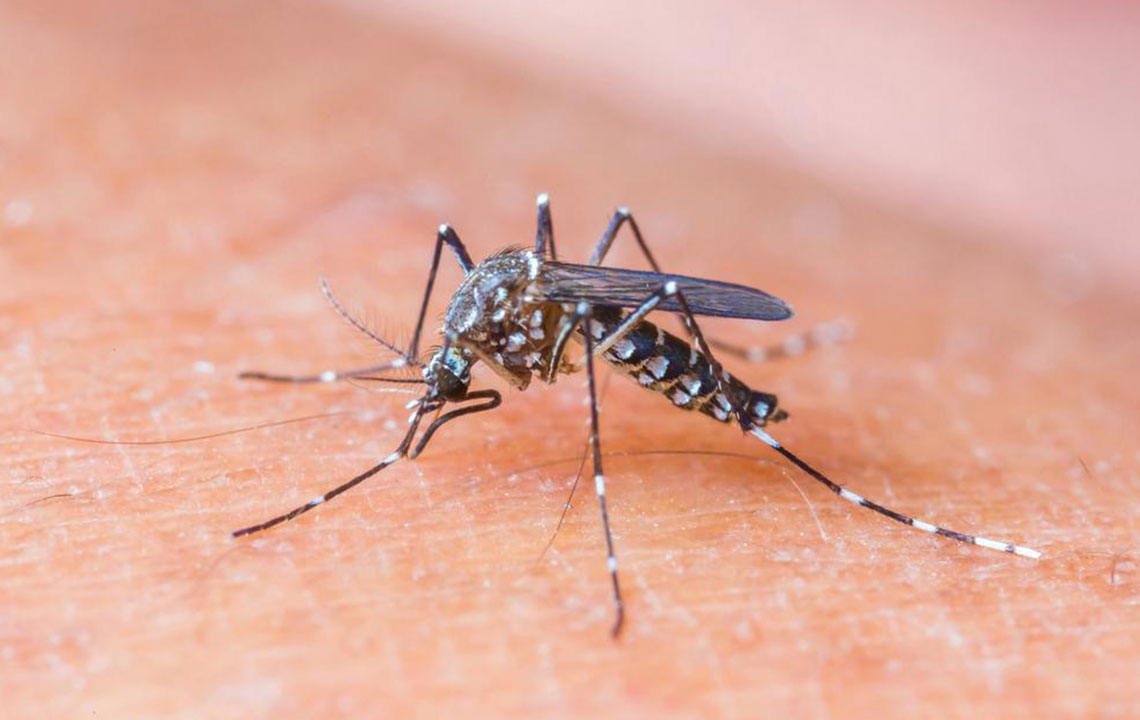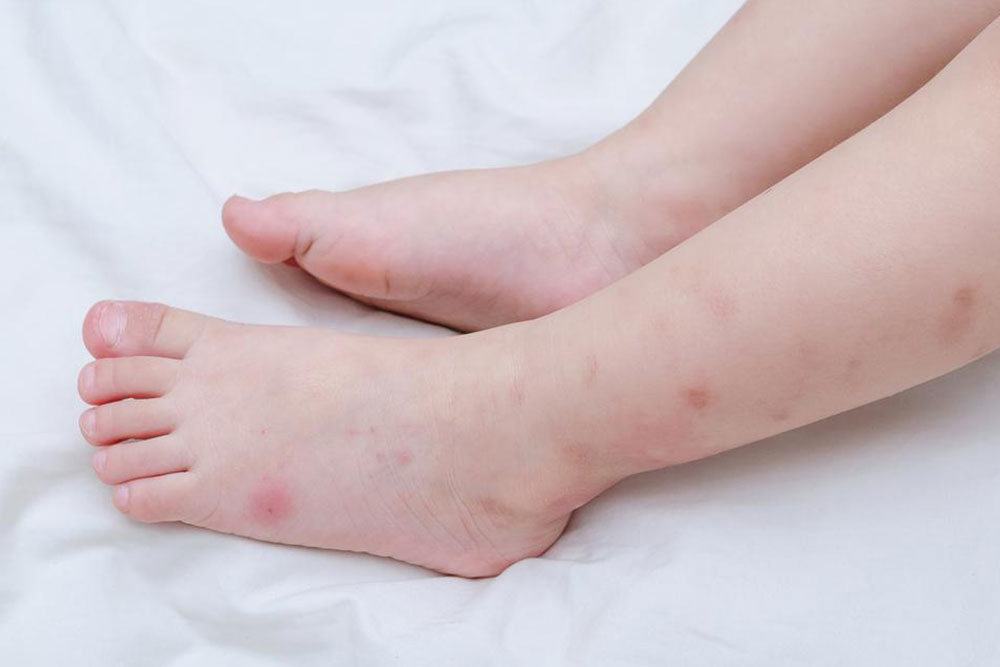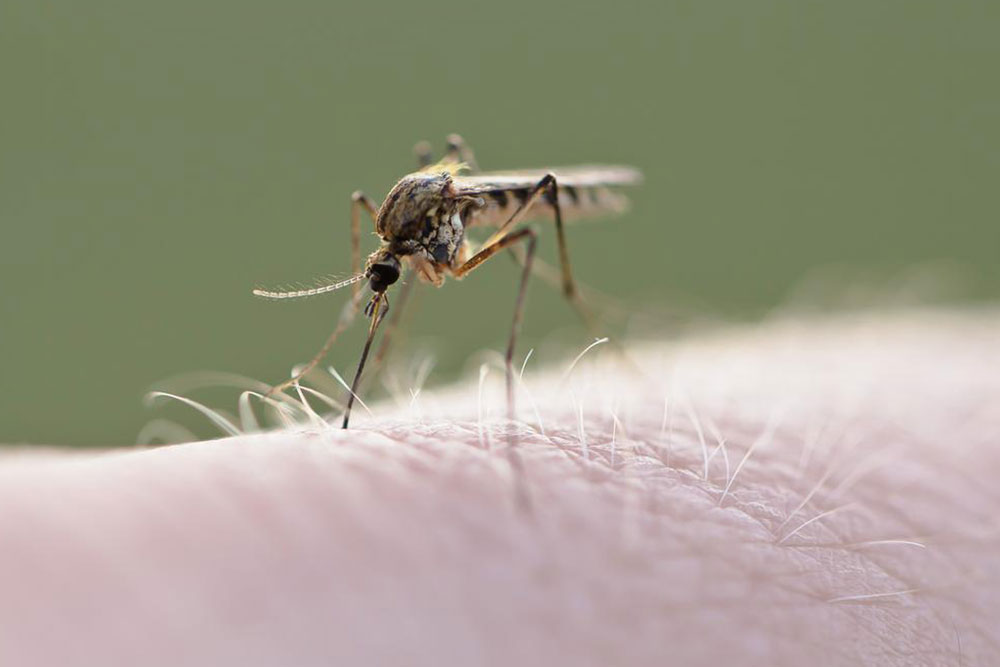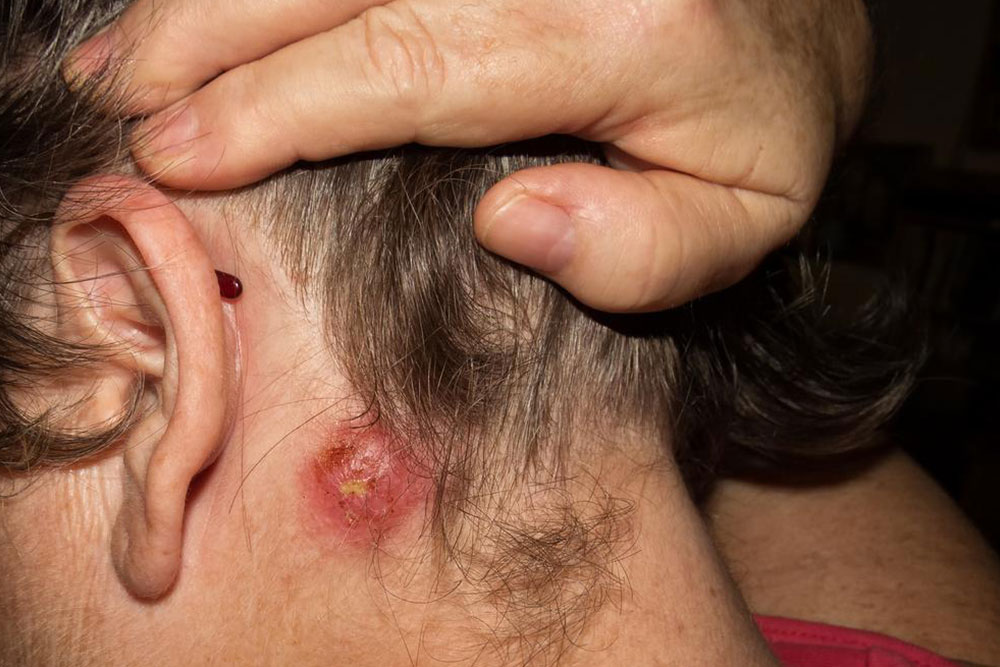Recognizing Common Insect Bite Symptoms and Signs
Learn to identify common insect bite symptoms and signs, including those from spiders, ticks, and poisonous bites. Recognizing these early helps in timely treatment and prevents serious health complications. This guide covers key symptoms and emergency tips for effective management.

Understanding Common Indicators and Symptoms of Insect Bites
Detecting insect bites early is essential for effective prevention and treatment. Being familiar with the typical symptoms associated with various insect bites can also help reduce discomfort and potential complications.
Let’s explore some common signs and symptoms to watch for after an insect bite and how to respond appropriately.
Brown Recluse Spider Bites
Detecting bites from brown recluse spiders can be challenging, as they may go unnoticed initially. These bites are often marked by a sudden, sharp sting and significant pain. Symptoms typically appear four to eight hours post-bite.
There may be blisters, with the skin turning purple or blue. Additional symptoms include sweating, itching, seizures, nausea, fever, chills, and in severe cases, kidney issues or coma.
Tick Bites
Ticks can transmit illnesses like Lyme disease, which presents with characteristic ring-shaped skin rashes lasting up to a month. Missing these bites can lead to symptoms such as headaches, muscle aches, joint pain, abnormal heartbeat, and immune system failure. Some ticks may also cause Rocky Mountain spotted fever, leading to widespread rashes over time.
Other Common Symptoms
Understanding the typical signs of insect bites aids in timely treatment. Poisonous bites often cause severe pain at the bite site. Additional symptoms can include muscle or abdominal cramps, fever, chills, breathing difficulties, and trouble swallowing. Severe reactions may involve impaired lung function, speech slurring, dizziness, convulsions, stomach cramps, blackouts, coma, wheezing, numbness, and inflammation.
If symptoms escalate rapidly or are severe, seek emergency medical attention immediately and consider using recommended medications or auto-injectors under medical supervision.










